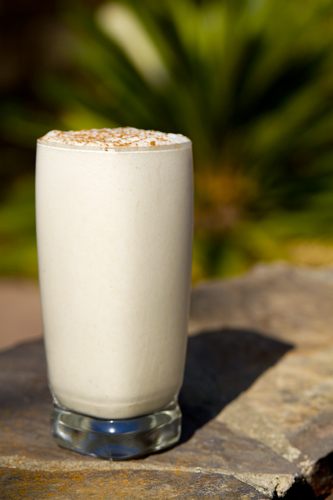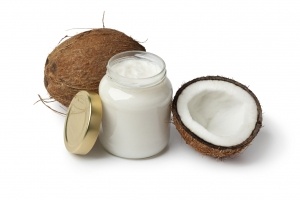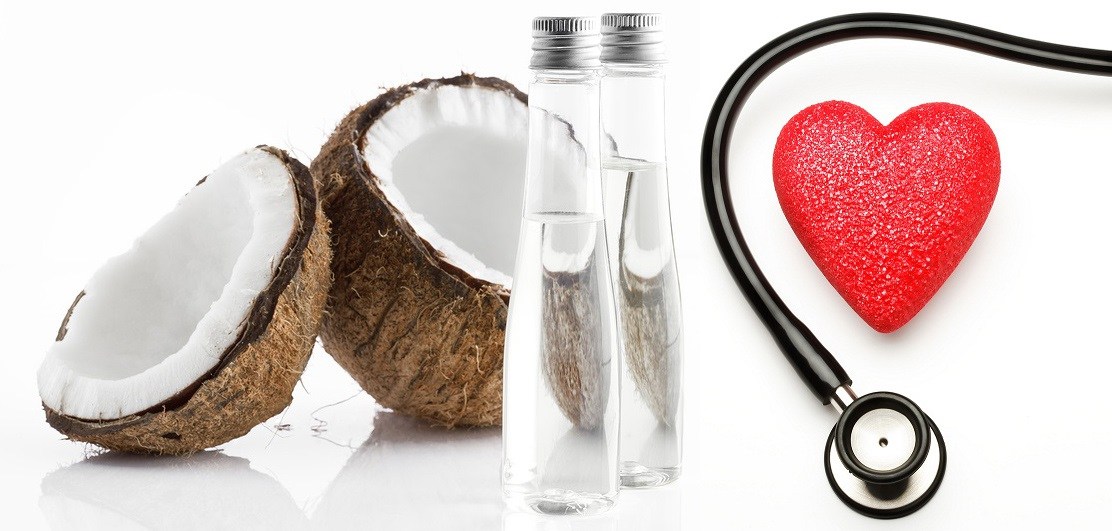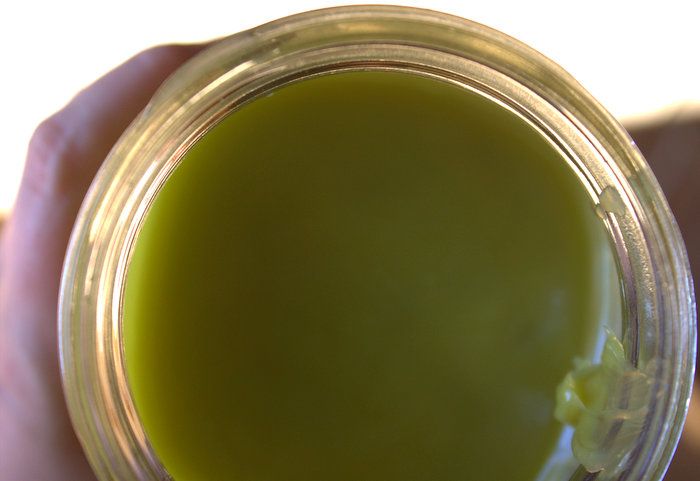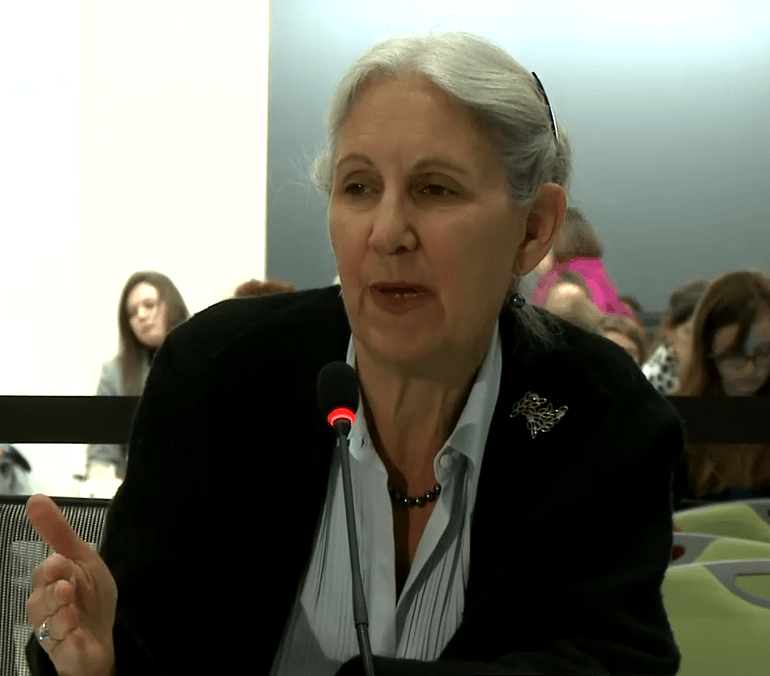Having a plate or bowl of candies out for parties and holidays is a common sight to be seen, but no one needs to be putting those kinds of crazy amounts of processed ingredients into their bodies. The solution would be to make your own candies so you can control what goes into them and make the end result a good deal better for you.
The recipes here are simply processed sugar-free, not sweetener free. The sweeteners used here are traditional sweeteners such as raw honey and maple syrup. In addition, because these are candy recipes there is a very high sugar content for nearly all of them, and thus they are not a health food, but a sweet treat to be enjoyed occasionally.
While candy making is seen as a daunting, day-long task, it can actually be far easier than you may realize. Using different coconut ingredients such as coconut oil, Coconut Cream Concentrate and coconut milk to make candies will not only will provide coconut flavor, but also cut out a lot of complicated steps to candy making. Homemade coconut oil chocolate is a very popular and easy DIY candy that requires no cooking, as is using Coconut Cream Concentrate (also known as “coconut butter”) to make white chocolate-like candy barks.
Here are 10 easy-to-make, beginner-friendly homemade candies utilizing at least one coconut ingredient to make an impressively delicious and easily portable sweet treat that you can have out at parties or package up to give away. Try one, or try them all! Many are even completely no bake and no cook. It doesn’t get any easier than that. Just keep in mind that these are candy recipes, so don’t be eating them like you should your vegetables.




